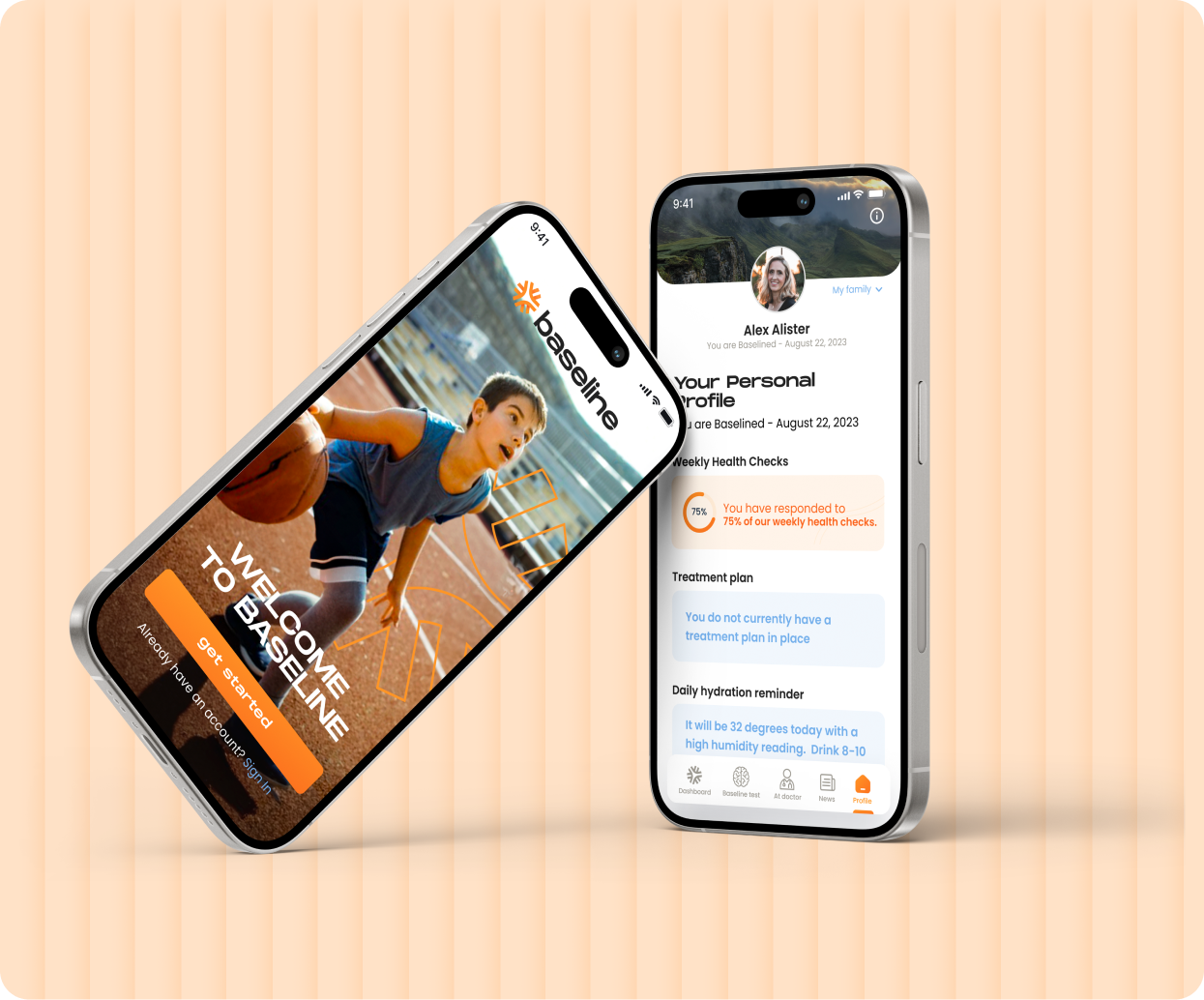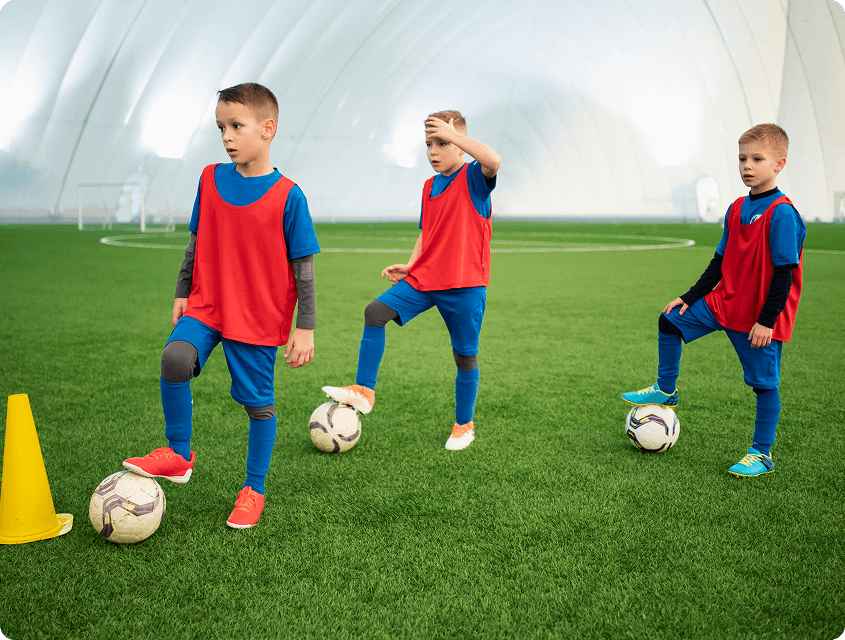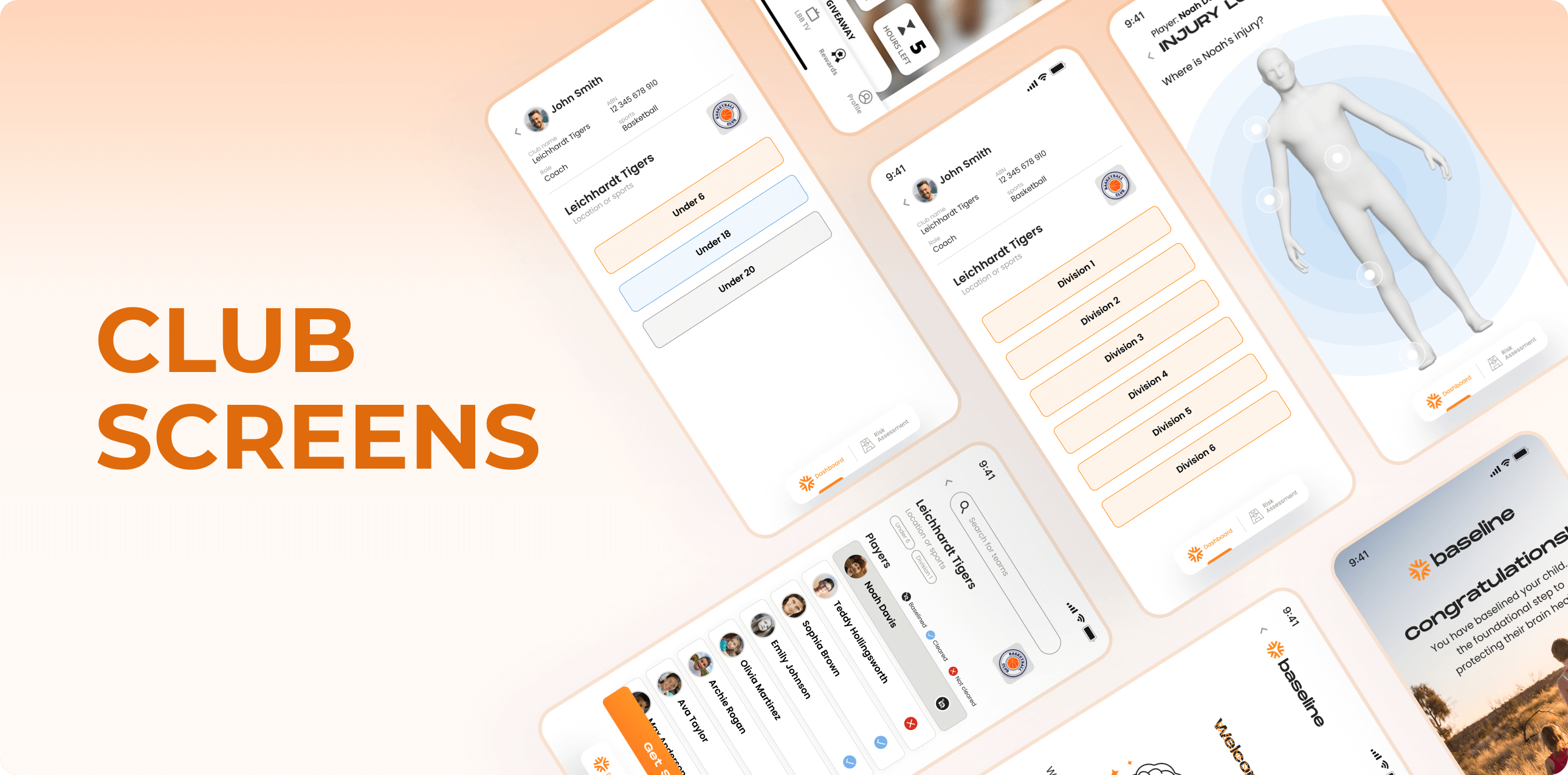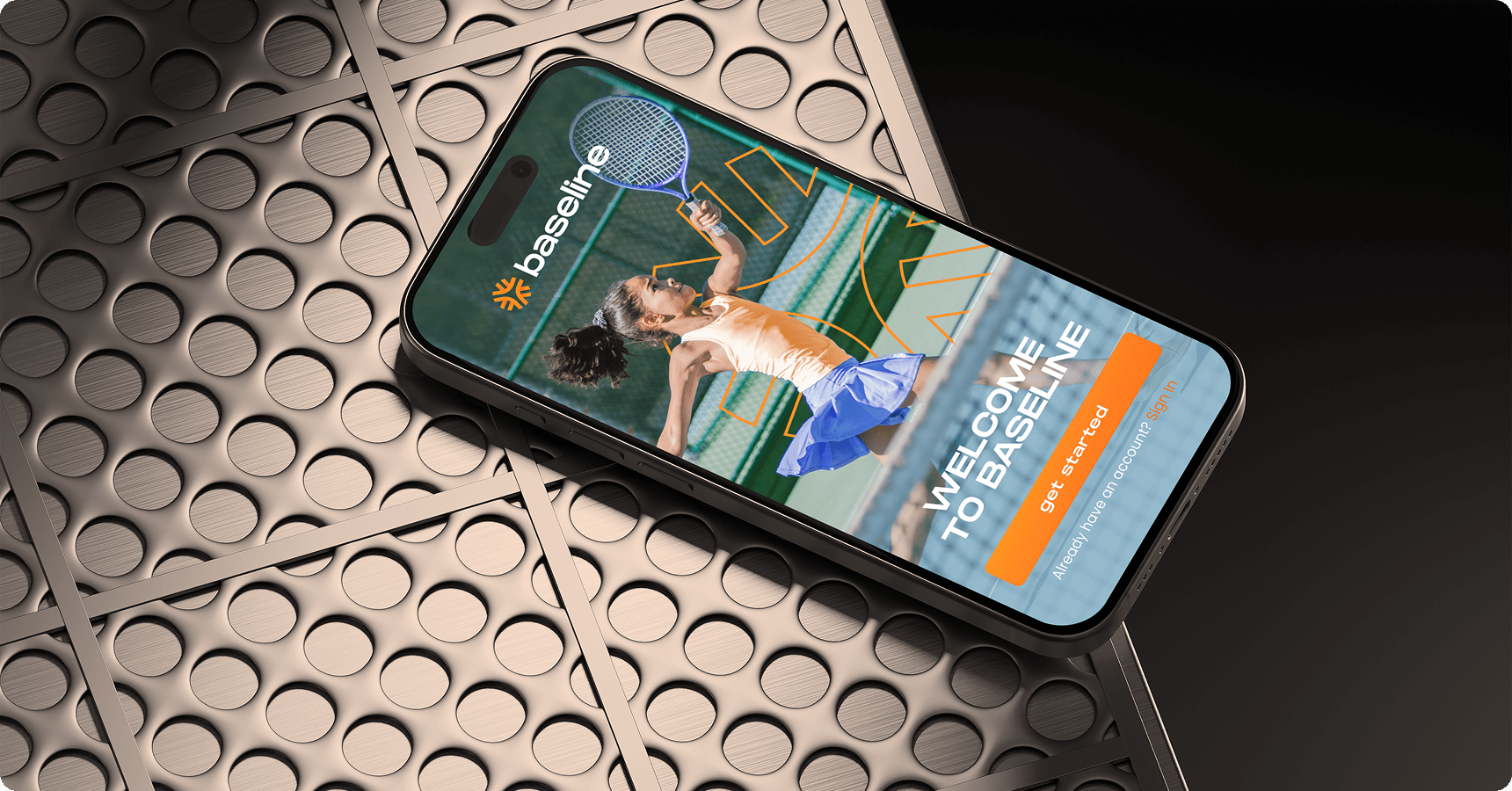Baseline
For generations, Australian sports thrived on grit and passion, but when it came to protecting athletes, the system faltered. Concussions were downplayed as “just a knock,” recovery timelines hinged on guesswork, and parents traded frantic texts with coaches about whether their child was game-ready. Schools juggled clipboards of handwritten medical forms, while rural clubs lacked resources to track injuries systematically. Our client saw a pattern: athlete safety wasn’t just neglected; it was trapped in analog chaos. Baseline emerged not as a tool, but as a movement to rewrite how Australia cares for its players.
Get in Touch



